A huge amount of thought went into the wording of the United States Constitution. Therefore, it is no coincidence that the constitution’s preamble starts with ‘We the People.’
What is We the People?
We the People refers to everybody who lives in the United States and is governed by the constitution.
Scroll down to find out the meaning of We the People and who it refers to.
We The People
We the People of the United States, in Order to form a more perfect Union, establish Justice, insure domestic Tranquility, provide for the common defence, promote the general Welfare, and secure the Blessings of Liberty to ourselves and our Posterity, do ordain and establish this Constitution for the United States of America.
Why Does the Constitution Begin With the Words “We the People”?
People tend to focus on the 27 amendments and the seven articles of the United States Constitution, especially those related to modern governance and the succession of power.
But, we can’t overlook the importance of the constitution’s preamble, starting with “We the People of the United States.”
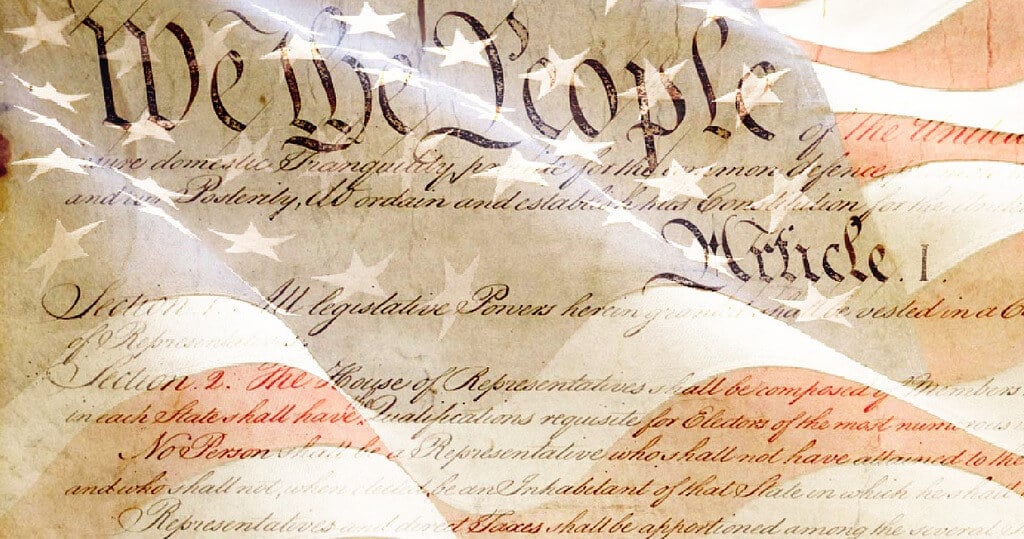
The preamble to the constitution acts as an introduction to the laws and clauses. In addition, it serves as a declaration from Founding Fathers such as James Madison and Thomas Jefferson to “ordain and establish this Constitution for the United States of America.”
However, the first words don’t appear to fit with the idea of those higher power figures making this declaration to the world. It begins, “We the People of the United States.”
This term has taken on a life of its own since it was first written. But why did those who wrote the Constitution decide to use it?
Why Does the Preamble to the Constitution Begin With “We the People”?
There are different theories as to why one of the most important documents in United States history begins with these words.
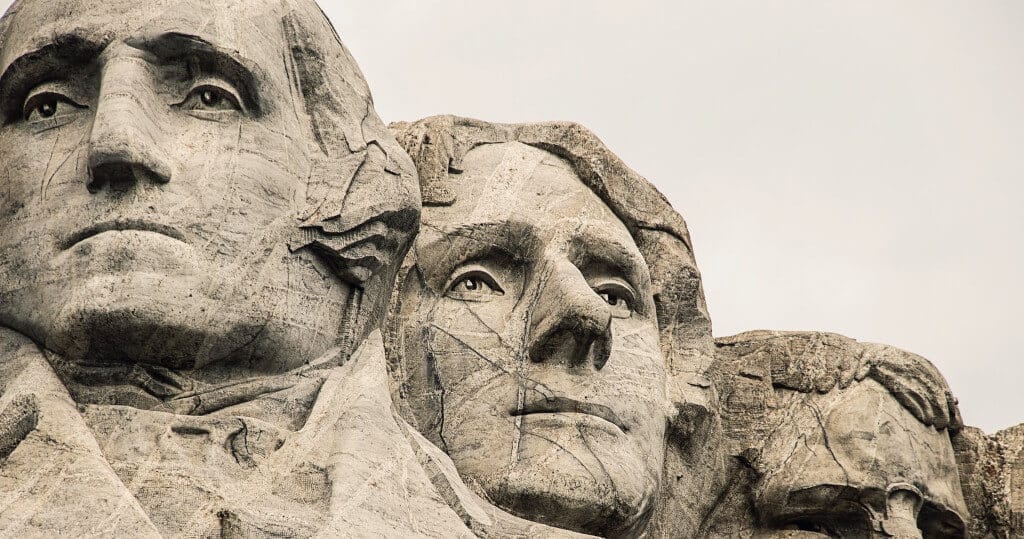
One view is that this was an attempt to appear relatable, with the representatives referring to themselves as American people like everyone else.
Another is that this was an attempt to show that the US people held power in their hands, and it was, therefore, their document.
Whatever the reason, it is interesting to look at the deeper meanings of the word “people” and the importance of this statement.
We the People Are the Typical People of the United States
Declaring themselves to be “people of the United States” gives the impression that citizens created this document.
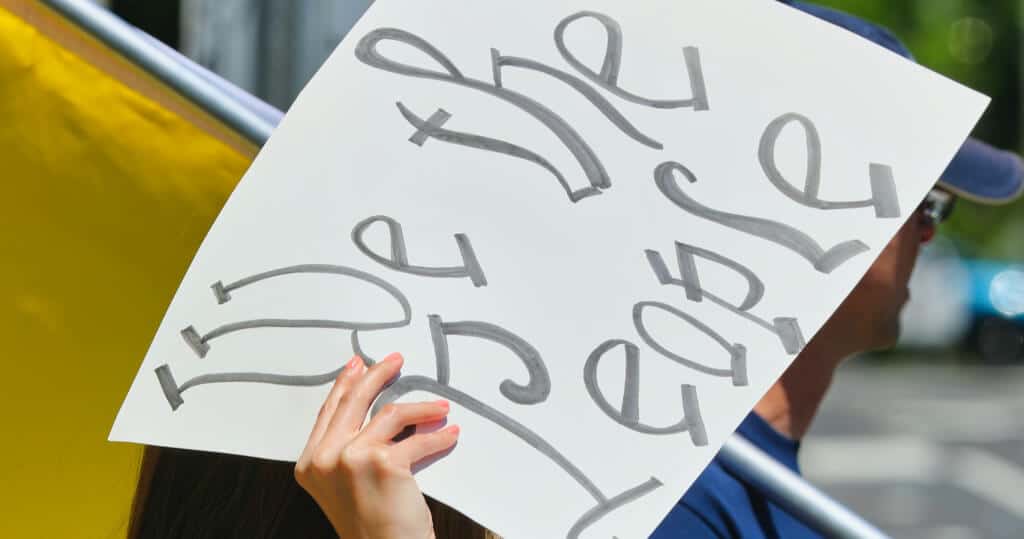
It is a clever way of suggesting that the State Representatives are people and makes them relatable to all who would rely upon the American Constitution.
In other words, there isn’t an “us against them” approach here where the everyday person of the United States could feel detached from what was said.
Therefore, as soon as you get into clauses about the rights of the people of the United States and their freedoms, there is the sense that this applies to everyone.
We the People Was Necessary at the Time of Creating the Constitution
The Constitutional Convention brought together representatives of almost all states to Philadelphia to create a new government form.
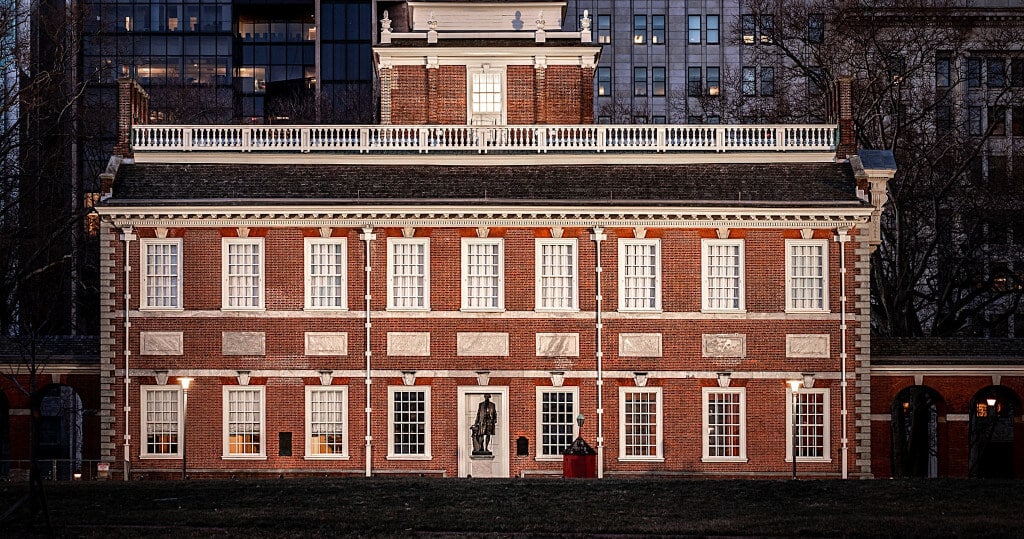
The aim was to create a federal government that could oversee the United States people without holding so much power that it would risk citizens’ fundamental rights.
This led to the checks and balances approach and the distinction between federal and state law. It was a requirement that all states give “full faith and credit” to other states’ laws and procedures.
Therefore, everyone was in this together at a national level while retaining personal freedoms and dealing with state laws.
Or, Perhaps They Weren’t Talking About Themselves at All
Another way to look at the term “We the People” is that the state representatives involved weren’t talking about themselves.
Instead of making themselves relatable as fellow citizens of the US, they may have referred to the fact that, ultimately, the people of the United States have the greatest power.

Get Smarter on US News, History, and the Constitution
Join the thousands of fellow patriots who rely on our 5-minute newsletter to stay informed on the key events and trends that shaped our nation's past and continue to shape its present.
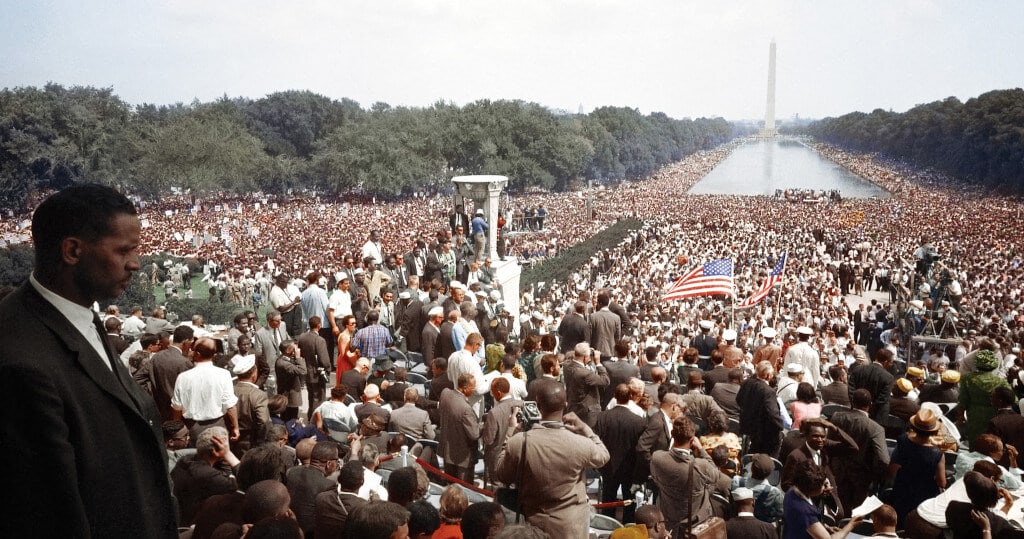
The final constitution could not be credited to 12 or 13 men only, and it couldn’t be perceived as something derived solely from the coalition of the states.
They couldn’t turn to the nation and say, “We, the representatives of the states of America, have decided how to run this country.” It had to be credited to the United States as a whole.
The United States constitution could only gain sovereignty from the acceptance of the US people, so it was, therefore, the people of all 13 states that had to give that declaration to “ordain and establish” it.
The decision is little more than a gesture. While it is true that the people of the US will elect the representatives and leaders and that they should have the most power, in the end, the blueprint for the system of the United States government was the result of that handful of representatives.
The People of the US vs. the Citizens of the US
Finally, we have to look at the word “people” here rather than “citizens.” Some suggest that the term people of the United States only refers to those with citizenship status.
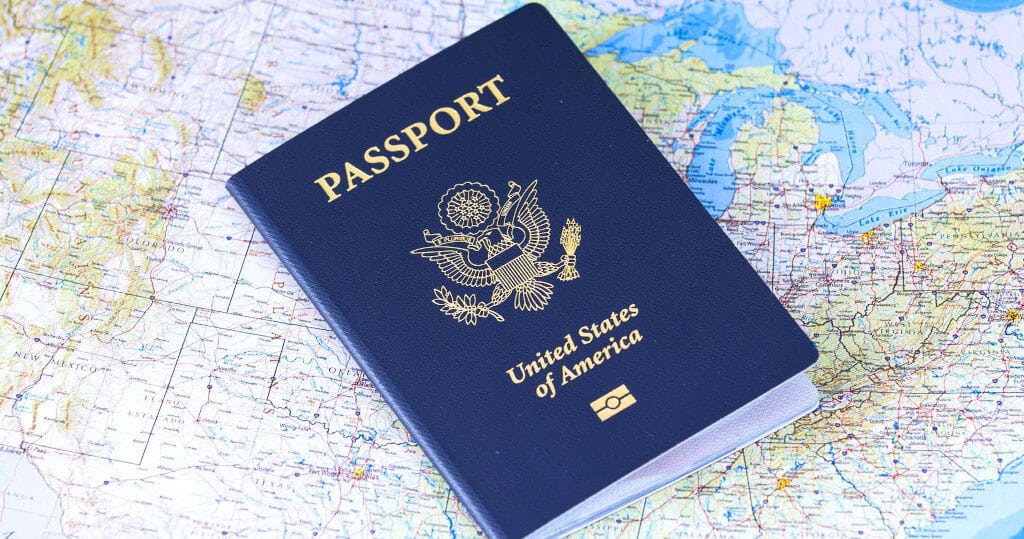
In other words, it reinforces the idea that the rights and clauses within are only related to those with legal status in the country.
However, the broadness of the word people is also a great way of ensuring that everyone from each state is included. That means men, women, and children from all aspects of society.
Any Color or Race
We could also assume that this could mean “people” of any color or race.
This is where the vagueness of language in the preamble, as with the constitution more generally, becomes dangerous. It is easy to make assumptions if you don’t have a more cynical outlook.
In the preamble case, it is clear that the Native Americans outside of the 13 states weren’t classed as people of the United States.
So it wasn’t long before the nation worked on the process of “advancing” and “civilizing” Natives and creating treaties to acquire their land.
Greater inclusivity would take time
Of course, over the centuries, amendments would alter the constitution to ensure that specific groups achieved equal rights, such as those subjected to slavery in the US or women’s right to vote.
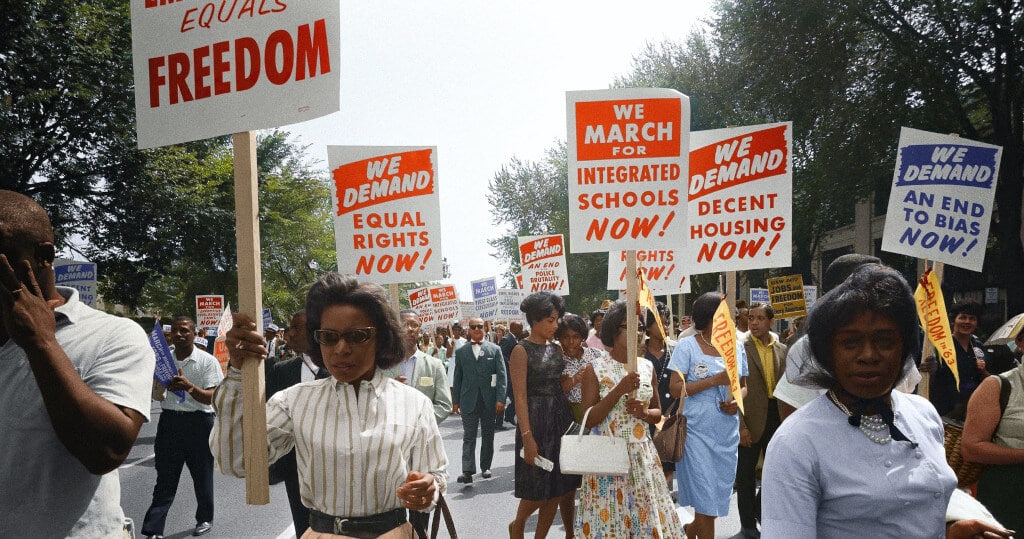
For example, the 13th Amendment abolished slavery, while the 19th Amendment granted women the right to vote.
However, using people instead of citizens implies that those creating the constitution were speaking to everyone within the country.
We the People flags
We the People flags are often seen and acquired through flag or souvenir shops. Other items are also available with the We the People logo or We the People images.
We can continue to debate the original purpose of those words while also appreciating their impact, regardless of initial intentions.
Legal Side of We The People
The phrase ‘We the People’ has been a huge part of American law’s development. It makes clear that the Constitution is created and ratified by the people and will protect the rights of individual citizens.
It continues to be quoted in legal cases to protect individual rights.
Supreme Court Cases
The phrase has been used in Supreme Court cases to expand rights and protections for citizens, including equal protection under the law. And also protection of individual rights from state infringement.
In landmark cases such as District of Columbia v. Heller and Citizens United v. Federal Election Commission, the Supreme Court has used this part of the Constitution to protect individual rights from government infringement.
Watch the video below to find out the We the People meaning:
We the People Quiz
If you would like to download a PDF with our quiz, then please go to:
Alternatively, you can take our online quiz here:
We the People Quiz
Lesson Plan About “We the People” in the Constitution
Objective
Students will be able to understand the historical and contemporary significance of the phrase “We the People” in the Constitution and its role in shaping American law and civic identity.
Materials
- Copies of the Preamble to the Constitution
- Handouts on the 14th Amendment and Supreme Court cases that have invoked “We the People” (District of Columbia v. Heller and Citizens United v. Federal Election Commission)
- Access to online resources for research and analysis (optional)
Introduction (10 minutes)
- Begin the lesson by asking students if they are familiar with the phrase “We the People.”
- Have students read the Preamble to the Constitution and ask them to identify where the phrase “We the People” appears.
- Ask them to share their initial thoughts on the significance of the phrase in the Constitution.
Direct Instruction (20 minutes)
- Share with students that the phrase “We the People” emphasizes that the Constitution is created and ratified by the people and not just the government.
- Provide students with handouts on the 14th Amendment and have them read and analyze the amendment in small groups.
- Discuss as a class the role of the 14th Amendment in expanding the rights and protections afforded to citizens.
- Share with students the Supreme Court cases that have invoked “We the People” (District of Columbia v. Heller and Citizens United v. Federal Election Commission) and have them read and analyze the cases in small groups
- Discuss as a class the role of these cases in interpreting the Constitution to protect individual rights from government infringement.
Guided Practice (20 minutes)
- Have students conduct further research on the phrase “We the People” and its significance in shaping American law and civic identity.
- Students can use online resources or other materials provided by the teacher to gather information.
- Have students present their findings to the class in a short presentation.
Independent Practice (20 minutes)
- Have students write a short essay on the importance of the phrase “We the People” in the Constitution and its role in shaping American law and civic identity.
- Encourage students to include specific examples and analyses in their essays.
- Collect and review essays for understanding and mastery of the objective.
Closure (10 minutes)
- Summarize the lesson’s main points and the significance of the phrase “We the People” in the Constitution.
- Ask students to share their final thoughts on the phrase and its importance.
- Remind students that the phrase “We the People” is not just a historical relic but still has relevance in shaping American law and society today.
Assessment
- Student participation in class discussions
- Small group analysis of the 14th Amendment and Supreme Court cases
- Student research and presentation
- Written essay on the importance of “We the People” in the Constitution
Note: The time frame is approximate and can be adjusted at the teacher’s discretion. The lesson plan can be adapted for different grade levels and contexts.
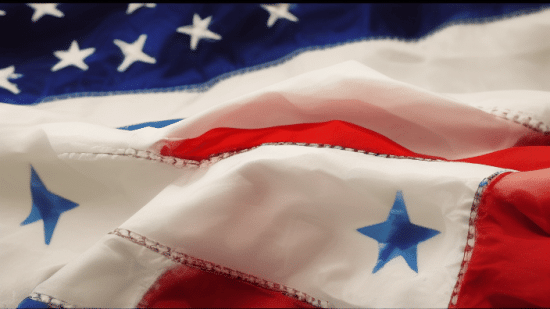
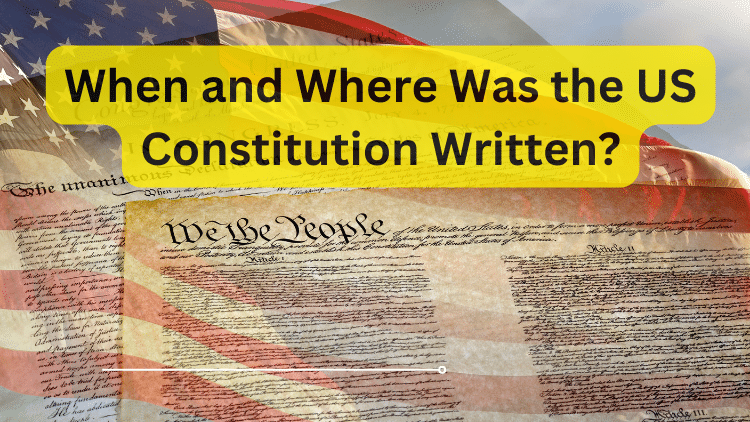
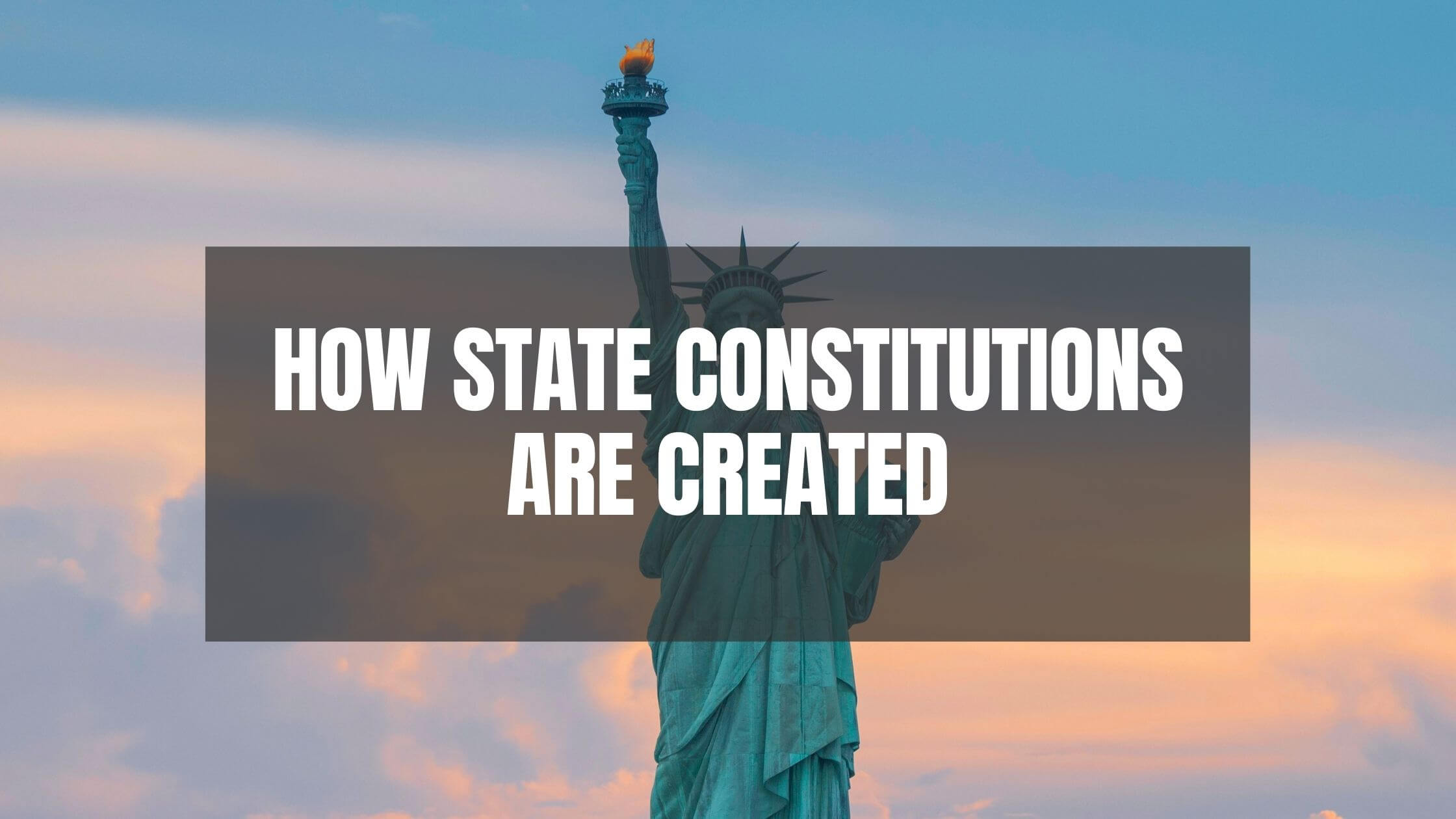

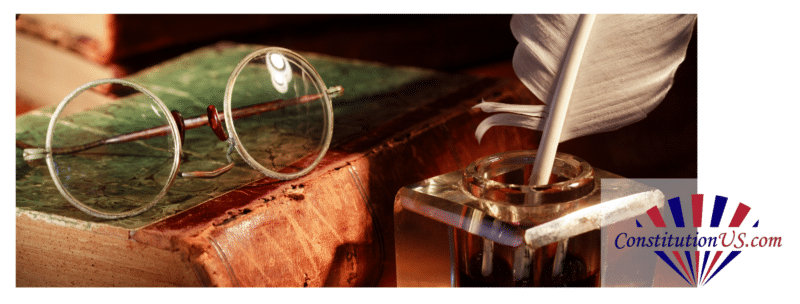
7 Responses
It is a common misconception of the people in government. ( at this date and time ) the left thanks that it is just a guideline or an out a date document. I also believe they believe they were above the people of the United States of America. If that is the case they are not part of us “we the people“
That is my opinion granted by the first amendment and protected by the second
American patriot,
Phillip Trueblood
you didn’t make this statement to satisfy a political group, but to individuals . All of the common folks in US know when they are being talked to or talked at. There are those of us that understand when someone is serving, and when someone is controlling . One understands the individuals life and the other only understands their authority to control groups to effect their own ( holier then u) superior ideas. One identifies with inalienable rights of the republic, which come from God, and those that are imposed on us by a mob who demonizes those who stand for individual freedom to chose to do what is right according to what our creator says not according to what people who elevate their subjective opinions above God’s solid facts.
WE THE PEOPLE has to me always meant THE CITIZENRY who has the power to elect the officials at
all levels whether it be Town, City, State or Federal Level. All of which become CUSTODIANS for All.
WE THE PEOPLE HAS NEVER MEANT THE GOVERNMENT AS MR. BIDEN SUGGESTED last evening
proving to me he is so out of touch with our founding documents and the Citizenry and the entire
Democratic Party.
Boy, the very first sentence of your website is wrong.
“We The People refers to everybody who lives in the United States and is going to be ruled by the constitution.”
Tell me the different between “We the People of the United States” and “We the People in the United States”?
Plus if you read the 14th Amendment it is only WE the People of the United States( Born or Naturalized in the United States) the Citizens of the United States and of the State wherein they reside are subject to the Jurisdiction thereof, the Laws of the Constitution.
You can read this in the book by John S. Mill call the “Representative Government” in Chapter 17, which he states only the Citizens fall under this Constitution. And if you study the Northwest Ordinance in Article 4 you can see the 14th Amendment being play out. And remember that we had the Indian War of 1836, which are Persons Born in the United States, and if you read the Scott versus Stanford Case, not the summary of the Case, but the actual wording of the Chief Justice of the Case in 1857, you will see the Case was about Congress Courts Power to review the Case in the first place and that it was up to the People of the United States to change their Constitution or State Constitution that list the Citizens of Africa Slaves. These people did not come here by they Free Will, so that made them still a Subject or Citizens of Africa( a Persons naturalized in the United States). And the Natural Born Citizens are Persons who are Born or Naturalized in the United States. But we are not told this are we?
The Preamble state we the People of the United States…do ordain and establish this Constitution for the United States of America. The Members of the State Legislature of the State who are the Electors of the State, we the People of the United States who are forming a more perfect Union. But we are not told this are we? Read who are the Electors by Madison words in #57 of the Federalist Papers written to the People of the United States who were the People of the State of New York, the Citizen of the State. Which by definition of Law this Constitution is a State Law but we see it as the Supreme Law of the Land in the State of New York, Texas, and so on. This is noted in the Northwest Ordinance which is a Rule for the People of the United States to form a State within the Union. Read the OHIO Ordinance the last paragraph which refers to the Northwest Ordinance, and if you read the Southwest Ordinance it will point to the Northwest Ordinance. Which both Ordinance was done after the Constitution was Pass into Law, Article 6 section 1. So the Northwest Ordinance can be use to help to define how to read the Constitution. There is a lot of information here but we the People were told by the People in the supreme Court not to look here. I wonder why?
“All Debts contracted and Engagements entered into, before the Adoption of this Constitution, shall be as valid against the United States under this Constitution, as under the Confederation.”
I don’t think that you can invoke the 14th amendment to help make your claim, as it wasn’t written when the preamble came to be. Neither was the Bill of Rights.
We the people think the aristocracy of the United States is obvious to even the lowest in person and obviously the free enterprise system that made America rich you destroyed it to sell out all our companies I don’t care how you spin it you would save us money by giving them food instead of warheads and all our businesses
Or, is the preamble to the United States simply, yet profoundly, in juxtaposition to being ruled from top to bottom, that is by a monarchy?